In this segment, we focus on the mental health and psychosocial support (MHPSS) approaches dedicated to addressing the needs of all victims of trafficking in human beings (THB) who seek refuge in shelters (support facilities) and enhancing their access to essential services. The documents presented here are focused on child victims, clinical and organisational approaches, designed to guarantee that THB survivors receive comprehensive care, trauma-informed support, and initiatives that empower them. The overarching goal is to establish shelters as safe and supportive environments that facilitate the healing and recovery process for THB victims.
Child survivors of human trafficking experience profound psychological impacts, including symptoms like depression, anxiety, post-traumatic stress disorder (PTSD), and substance abuse. Their developmental disturbances worsen the situation as their brain structure, function, and stress responses may be severely affected. However, specialised treatments for these children are lacking, and existing interventions for child trauma are not adequately evaluated for this group. Thus, tailored support is crucial.
A clinical approach is essential, involving mental health professionals who provide specialised care and individualised interventions to help survivors regain control. Assessing survivors’ psychological state through interviews and trauma screenings informs personalised treatment plans.
Simultaneously, an organisational approach involving all shelter staff members is vital. Integrating trauma-informed practises into policies and procedures ensures sensitivity to survivors’ traumatic experiences throughout shelter operations. Establishing an organisational culture that recognises trauma’s impact and prioritises safety fosters a supportive environment for these young victims to heal and rebuild their lives.

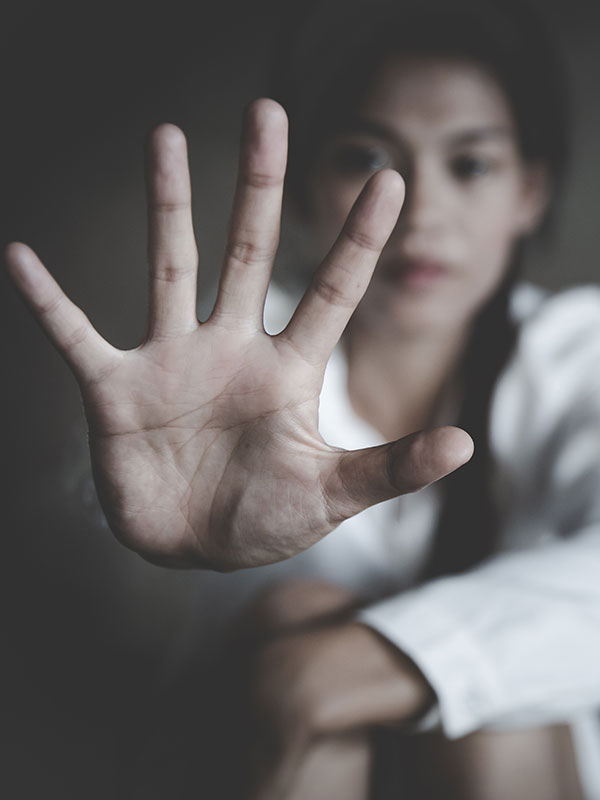
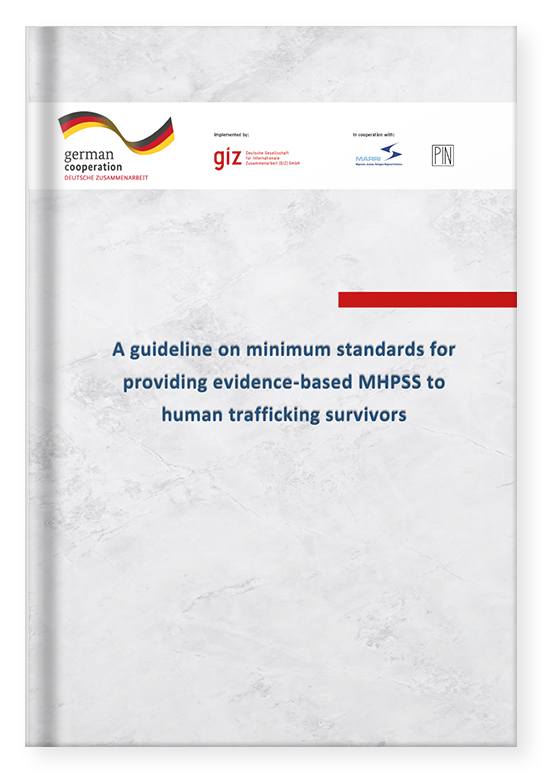
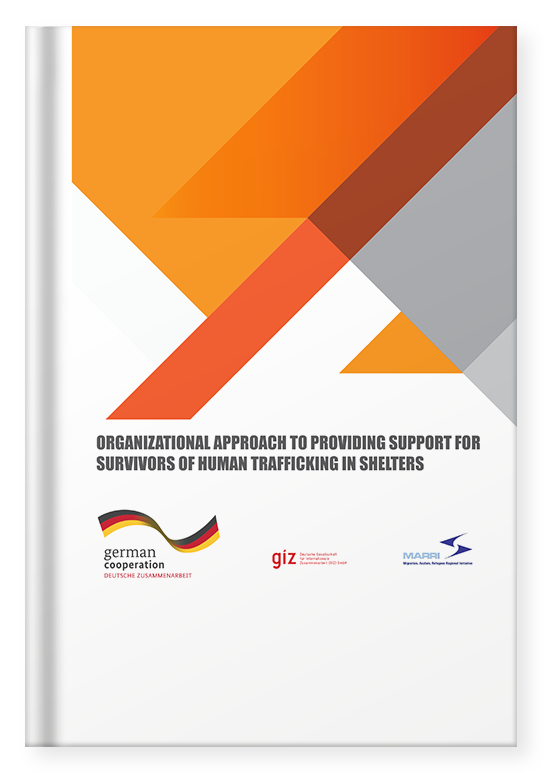
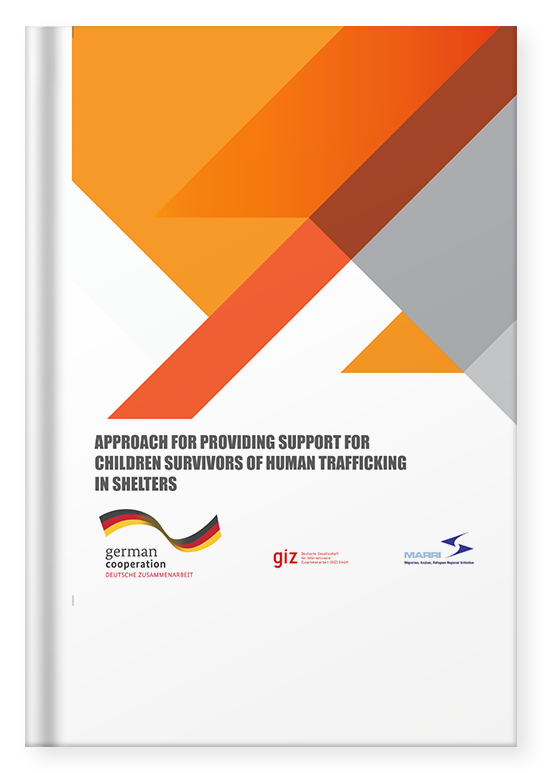

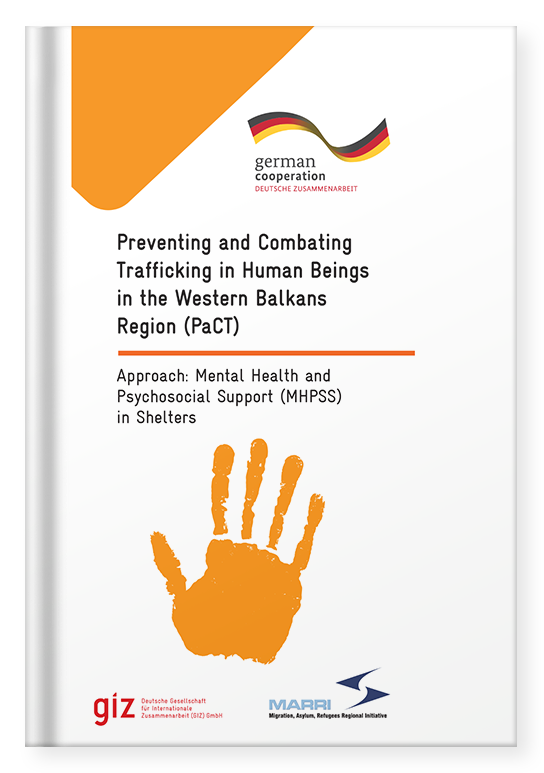
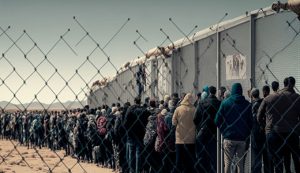 The PaCT project, in collaboration with NGOs, has implemented tailored mental health and psychosocial support approaches for vulnerable populations within migration flows.
The PaCT project, in collaboration with NGOs, has implemented tailored mental health and psychosocial support approaches for vulnerable populations within migration flows.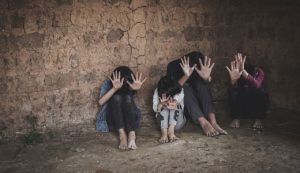 The focus of this segment is on providing comprehensive mental health and psychosocial support to all victims of human trafficking seeking refuge in shelters.
The focus of this segment is on providing comprehensive mental health and psychosocial support to all victims of human trafficking seeking refuge in shelters. This segment highlights the significance of prioritizing staff care and self-care strategies for service providers and helpers working with victims of human trafficking and individuals on the move.
This segment highlights the significance of prioritizing staff care and self-care strategies for service providers and helpers working with victims of human trafficking and individuals on the move.